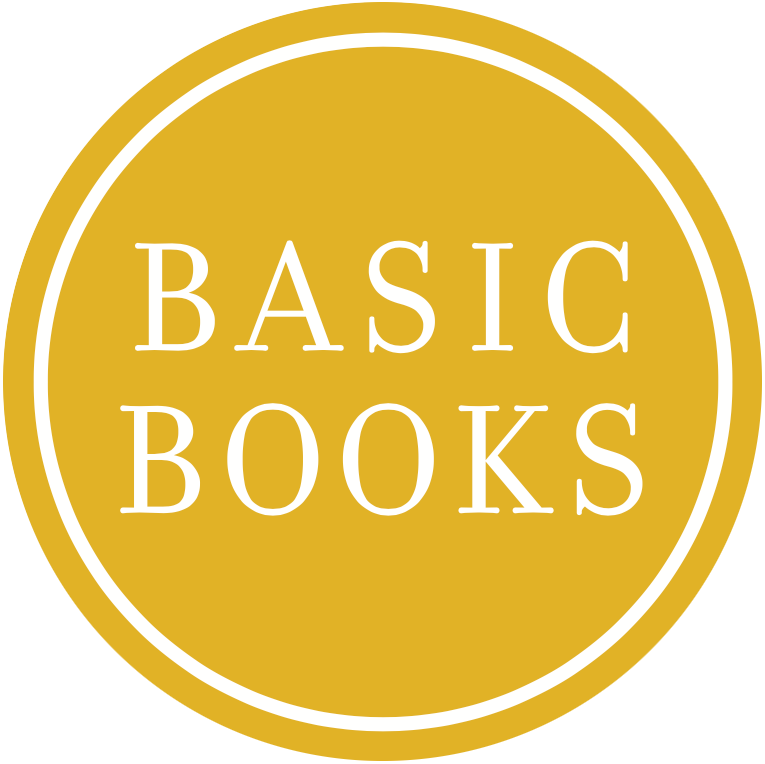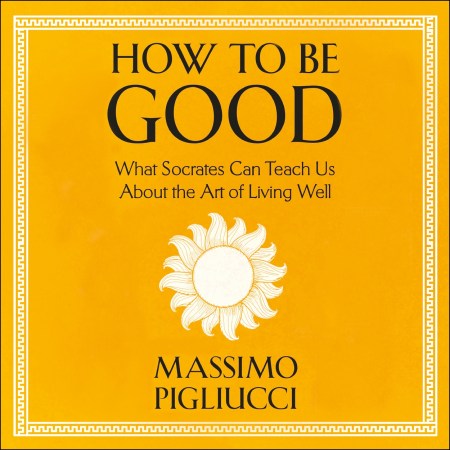What Socrates’s greatest failure says about a 2,000-year-old question: is it possible to teach ourselves and others to become better people?
Can we make ourselves into better human beings? Can we help others do the same? And can we get the leaders of our society to care that humanity prospers, not just economically, but also spiritually? These questions have been asked for over two millennia and attempting to answer them is crucial if we want to live a better life and build a more just society.
How to Be Good uses the story of Socrates and Alcibiades and examples from Aristotle, Marcus Aurelius and Machiavelli, alongside modern interpretations to explore what philosophy can teach us about the quest for virtue today. Whether we are statesmen or ordinary individuals Pigliucci argues that with a little work day by day we all have the power to pursue the timely and timeless art of living well.
(P) 2022 Hachette Audio
Can we make ourselves into better human beings? Can we help others do the same? And can we get the leaders of our society to care that humanity prospers, not just economically, but also spiritually? These questions have been asked for over two millennia and attempting to answer them is crucial if we want to live a better life and build a more just society.
How to Be Good uses the story of Socrates and Alcibiades and examples from Aristotle, Marcus Aurelius and Machiavelli, alongside modern interpretations to explore what philosophy can teach us about the quest for virtue today. Whether we are statesmen or ordinary individuals Pigliucci argues that with a little work day by day we all have the power to pursue the timely and timeless art of living well.
(P) 2022 Hachette Audio
Newsletter Signup
By clicking ‘Sign Up,’ I acknowledge that I have read and agree to Hachette Book Group’s Privacy Policy and Terms of Use
Reviews
Presents a rigorous theoretical foundation for ethical self-improvement with concrete steps-even a step-by-step syllabus!-for how we can become better people, how we can help others to do the same, and how we might influence our leaders and politicians to act virtuously. If only those in power would grab hold of this literary lifeline and take heed of Pigliucci's wisdom, humanity might just have a chance to flourish economically, materially, and spiritually
Massimo Pigliucci, who has elsewhere taught us to take seriously the precepts of ancient Stoicism, here looks further afield, above all to Plato, for insight into how we become virtuous people - or, too often, fail to. His expert account of ancient ethics will help us save our souls, and thereby, just maybe, save the world
With a deft but magically light hand, Pigliucci turns to case studies from Socrates, Plato, Aristotle, Seneca and more to pose the most pressing question of our time: how do we put competent and wise leaders in office? A wonderful raconteur, Pigliucci brings the historical and philosophical texts of Greco-Roman antiquity to life with lessons about good character and leadership, whether we aspire to political office or not
It's not often that a book ostensibly about Socrates also comments knowledgeably on (Roman) Coriolanus and (Florentine) Machiavelli, but such is the breadth of learning of geneticist, biologist and philosopher Massimo Pigliucci (of New York's City College). Truly, as Plato's Socrates boldly declared, the examined life is for us humans the only one
[An] enlightening study . . . This lucid and accessible tour through ancient philosophy offers valuable lessons for today
One of the world's most renowned philosophers has found the secret to living a better life

